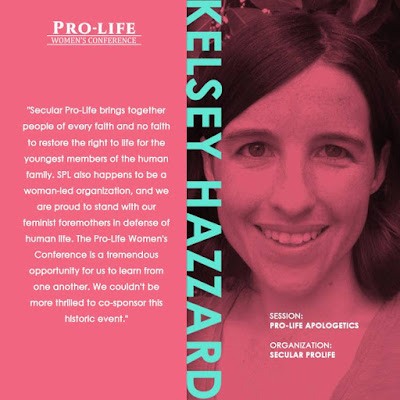Seven Pillars of Life in the Abortion Debate
 |
| Alive? |
[Today’s guest post by Matt Morehouse is part of our paid blogging program.]
When does life begin? This question is one of the most argued in the abortion debate. Many on the pro-choice side say it begins with birth; only then is the child “really alive.” This definition has gained some popularity to defend abortion. Is this definition of life scientifically sound? What are the qualities that biologists, people whose job it is to study life, define it by?
Fourth is that a living organism must take in energy, whether from the sun or from eating other organisms. The energy and nutrients are used to build up the organism’s framework and keep it living. Unborn humans obviously do not “eat” in the conventional sense, but they take in energy nutrients via the umbilical cord.
Fifth is that an organism must have a system in place to repair any damage that happens. This involves keeping muscle fibers working and bones strong, replacing cells that break or tire. The early human is able to do more than simply keep in shape: it grows, multiplying cells at an incredibly rapid pace.
Sixth is adaptability; this is like improvisation, but at the level of the individual organism rather than the population. If something bad happens to an organism, it needs to be able to change its behavior in the present in order to survive. This can range from simple reflexes in response to pain, to complex cognitive decision-making. Again, human development involves adaptability from an early stage. Individualized brainwaves are detectable from 6 weeks and 2 days, showing individual neural activity. A week later the embryo will kick if startled, demonstrating the ability to adapt to the surrounding environment, if only in a simple way. These processes show that human adaptability starts early in the womb.
Seventh is the ability to separate different reactions. This means that the food going into your stomach doesn’t get mixed with the blood pumping from your heart. In a simpler example, a bacterium needs to manage the food it just ingested and break it down into useful components. Again, this becomes evident in humans long before we are born. Each of our cells must be able to keep reactions separate otherwise they would be unable to live.
The human embryo meets the seven-part test. The unborn child has a program which is part of evolutionary improvisation; is separated from the outside world and requires energy in order to live; not only repairs itself, but grows; and reacts to stimuli. Finally, the reactions that power these processes are carefully separated, allowing the baby to live.
Life, biologically speaking, begins long before birth.



Leave a Reply
Want to join the discussion?Feel free to contribute!